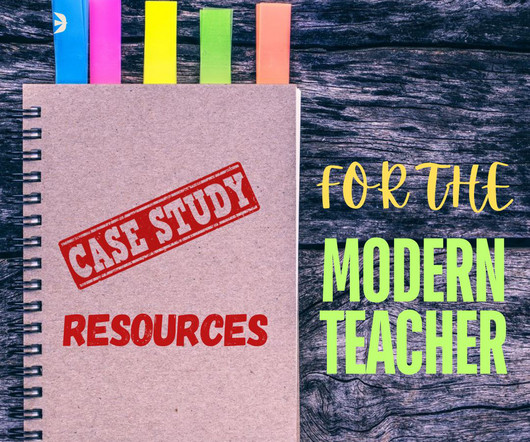The Impact of Creativity on College and Career Readiness
Edsurge
MAY 5, 2023
How can educators develop creativity in today’s students? Research indicates that Generation Z students are technologically savvy and appreciate interdisciplinary, project-based learning experiences. Katie Fielding Instructional Technology Coordinator Arlington Public Schools, VA Not every student is going to go to college.












Let's personalize your content